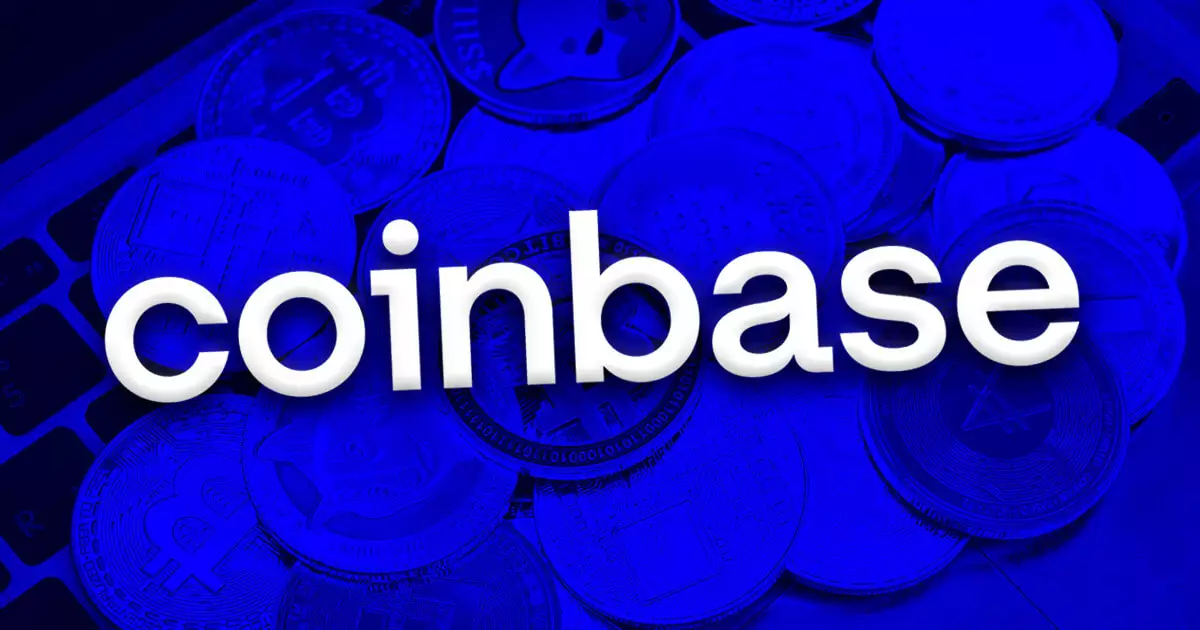In the constantly evolving landscape of cryptocurrency, legal conflicts often arise that reflect the complex interplay between market dynamics, regulatory scrutiny, and corporate governance. A notable recent case involves Coinbase, a leading cryptocurrency exchange, and BiT Global, the developer behind wrapped Bitcoin (WBTC). Coinbase’s decision to delist WBTC, citing concerns related to its association with controversial figure Justin Sun and transparency issues regarding reserves, has led to a legal showdown. BiT Global’s lawsuit seeks to challenge this delisting, claiming it is unfounded and could harm both its reputation and the broader digital asset market.
Coinbase’s Stance: Justifying the Delisting
Coinbase’s legal team, spearheaded by Chief Legal Officer Paul Grewal, has firmly rejected BiT Global’s lawsuit, labeling it as “bogus.” The exchange has outlined the reasoning behind its decision in a detailed court filing submitted to the US District Court for the Northern District of California. Coinbase’s investigation into WBTC revealed serious concerns about the alleged misconduct associated with Justin Sun, the founder of TRON and a figure notorious for past fraud allegations. The exchange has expressed that continuing to support WBTC poses an “unacceptable risk” to its ecosystem and user base, and it has documented its internal review process, showcasing a commitment to platform integrity.
Moreover, Coinbase’s assertion that BiT Global failed to provide transparency about WBTC’s ownership structure amplifies its justification for the delisting. The exchange emphasized that it aims to safeguard user confidence and platform integrity, which is critical in an environment rife with volatility and uncertainty.
BiT Global’s legal claim revolves around the assertion that Coinbase’s delisting maneuver is a strategic move to push its own competing product, cbBTC. The company contends that the decision not only jeopardizes its market position but also signals to consumers that WBTC is less reliable compared to competing tokens. This position is framed within the context of California’s Unfair Competition Law, which BiT argues Coinbase has violated through its actions.
BiT’s concerns extend beyond mere financial implications; the firm claims that Coinbase’s actions threaten consumer trust in WBTC and the broader cryptocurrency ecosystem. They argue that the delisting could lead to decreased liquidity and accessibility for WBTC holders, posing a substantial detriment to users who rely on Coinbase as a trading platform.
In response to BiT Global’s claims, Coinbase has effectively dismissed the notion of irreparable harm. They pointed out that less than 1% of all WBTC transactions occur on their platform, suggesting that the impacts of the delisting will be minimal. Additionally, Coinbase highlighted the declining traction of WBTC even before the announcement, attributing this trend to the controversial association with Justin Sun.
Coinbase also reassured WBTC holders about their options despite the delisting. They pointed out that users can still trade WBTC across numerous other platforms and can manage their assets through Coinbase Wallet, which operates independently of the exchange itself. This proactive communication from Coinbase aims to mitigate the fallout from the delisting and to reinforce the idea that user options are not significantly restricted.
As the legal dispute unfolds, it signifies the heightened scrutiny that figures like Justin Sun face within the crypto domain. Sun’s reputation has been marred by various allegations, including those from regulatory agencies like the SEC. The case not only highlights the vulnerabilities of projects that rely on controversial figures but also serves as a cautionary tale for companies that may find themselves entangled with dubious affiliates.
With the hearing for BiT’s request for a temporary restraining order scheduled for December 18, the outcome could set a precedent for how exchanges handle token listings and delistings, particularly when linked to individuals under investigation. Regardless of the court’s decision, the case underscores an ongoing need for transparency and diligence within the cryptocurrency sector, areas critical to fostering trust and stability among users.
The Coinbase and BiT Global situation encapsulates the growing pains of a maturing industry grappling with legal and ethical challenges. The resolution of this case may very well impact not only the involved parties but also the broader regulatory approach to cryptocurrency in the future.














Leave a Reply